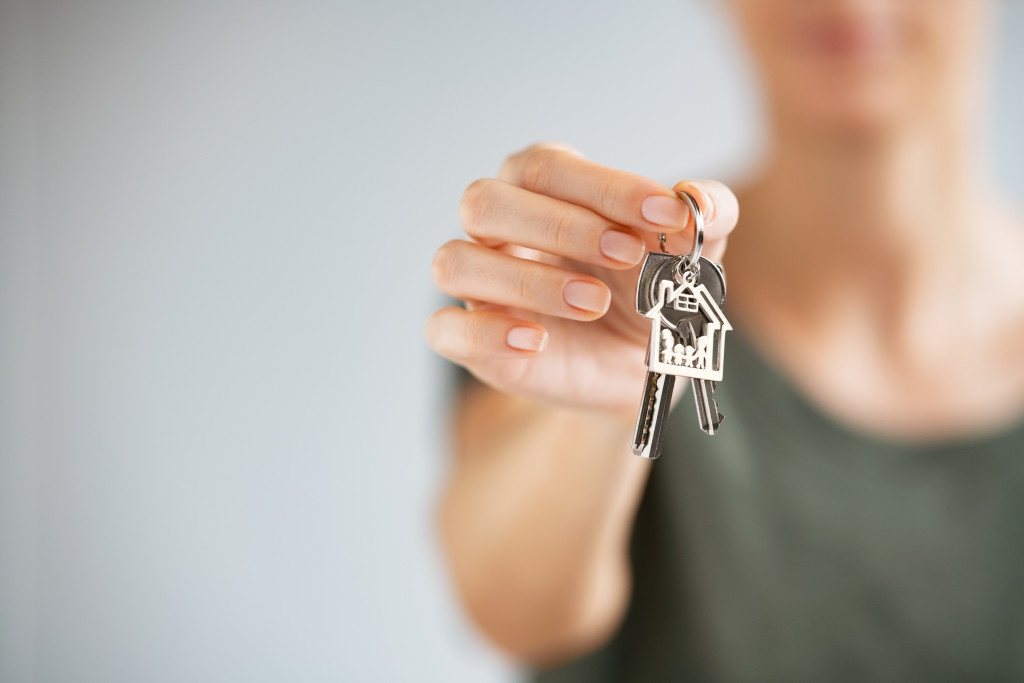- Single homeownership in the U.S. is rising, offering control, potential financial benefits, and a sense of community.
- Financial advantages include equity build-up and tax deductions related to mortgage interest and property taxes.
- Homeownership fosters connections to a community and provides long-term stability, enhancing emotional and mental health.
- Buying a home as a single individual provides future flexibility, like renting a room or creating home office spaces.
- Single homeownership requires careful planning, including obtaining home loans, saving for emergencies, and budget planning.
Buying a home is a significant life decision. It is an investment and a place where you spend considerable time, create memories, and possibly raise families. As a single person, your decision to purchase a home may be challenging, given that conventional wisdom says homeownership is for couples and families. However, owning a home has numerous benefits beyond security and financial benefits. Here’s what you need to know about a single’s home ownership in the country, reasons to invest in one, and how to get started with your investment.
Singles Owning a Home
It’s estimated that about 25 million homes in the country are owned by single individuals. Studies have found that single homeowners dominate in several metropolitan cities, including Seattle and Phoenix. This indicates an increase in single home ownership across the U.S. as more people discover how beneficial it is to invest in a place of their own.
Reasons to Invest in Single Homeownership
There are many reasons to invest in a home as a single person. Here are some of them:
1. Control and Independence
Homeownership gives you control and independence that renting cannot match. You have complete autonomy in shaping your living environment, from the paint on the walls to the furniture arrangements. You can also decide to make any improvements at any point you want. As a homeowner, you are not subject to the whims of a landlord who may decide to raise the rent or sell the property. This will give you peace of mind and make you feel more secure about your living arrangements.

2. Potential Financial Benefits
Owning a home can also be financially savvy, especially if you live in an area with a booming real estate market. For starters, owning a home means you are building equity. If you bought your house for $200,000 and it appreciates to $300,000, you will have generated $100,000 in equity. Moreover, homeowners enjoy several tax-related benefits, including deducting mortgage interest from their federal taxes and deducting up to $10,000 in state and local property taxes.
3. A Sense of Community
Homes come in all shapes and sizes, from cozy studio apartments to sprawling mansions. Regardless of your home type, owning a home provides an opportunity to be part of a community. Many neighborhoods in America, for instance, have active neighborhood associations where you can make friends, participate in events, and network. As a homeowner, you can contribute to the local economy by establishing relationships with local businesses.
4. Future Flexibility
Owning a home provides long-term stability, which is essential for a single person looking to build a future. You can make long-term plans, knowing you have a stable living environment to customize as your needs change. A home can also provide additional flexibility, such as renting a room, home office, or Airbnb space.
5. Emotional and Mental Health Benefits
Buying a home as a single person can have significant emotional and mental health benefits. Owning a home can provide you with a sense of pride and accomplishment. This pride can translate into positive self-esteem and help foster feelings of personal identity. Studies have also shown that homeownership can positively affect mental health, reducing anxiety and stress.
How to Get Started
There are various ways to get started with your investment. Here are three ways:

Loans
It’s essential not to use all your money immediately in a home. Affordable home loans are a great option because it reduces the risk of buying a home. It also allows you to gain equity. Equity is a portion of your home’s value that belongs to you and grows as your home value increases.
Savings Accounts
An emergency fund is also crucial in case of unexpected expenses or repairs. It’s advisable to save up at least 3-6 months of living expenses in a savings account. This will provide you with the funds you need in case of any unexpected emergencies.
Budgeting
Creating a budget is also essential for single homeownership. It can help keep track of your monthly expenses and ensure you don’t overspend. Budgets will provide an accurate picture of your financial situation and help manage and distribute incoming funds.
Purchasing a home as a single person can be an exciting and rewarding experience, but it’s essential to do your research beforehand. Understand the costs of buying a home, such as closing costs and real estate taxes. Also, consider your financial situation and determine what kind of mortgage is best for you.



